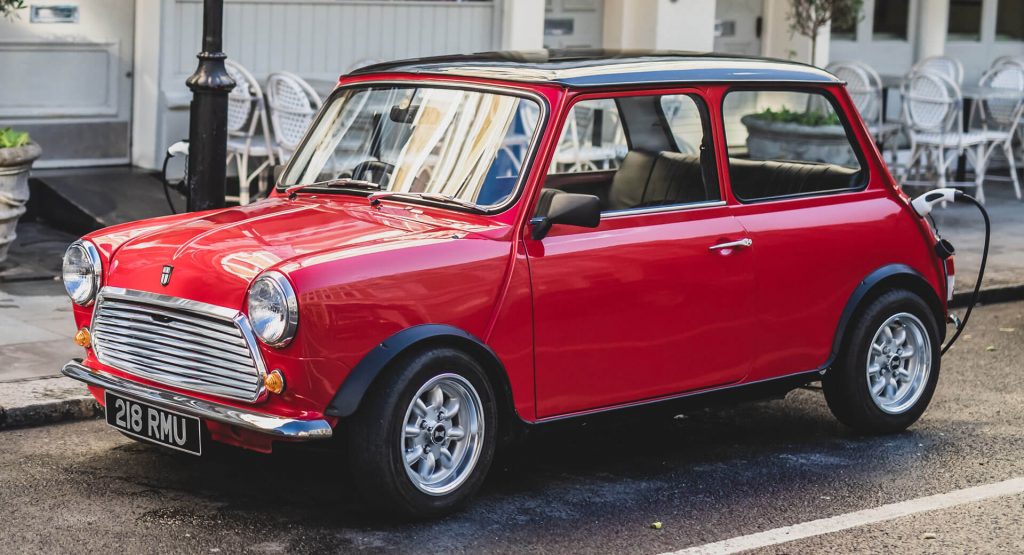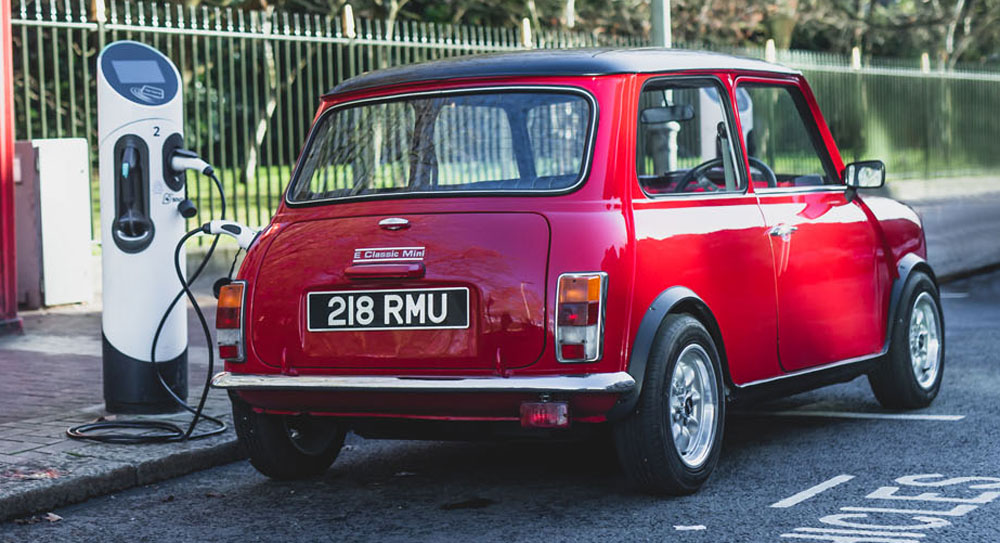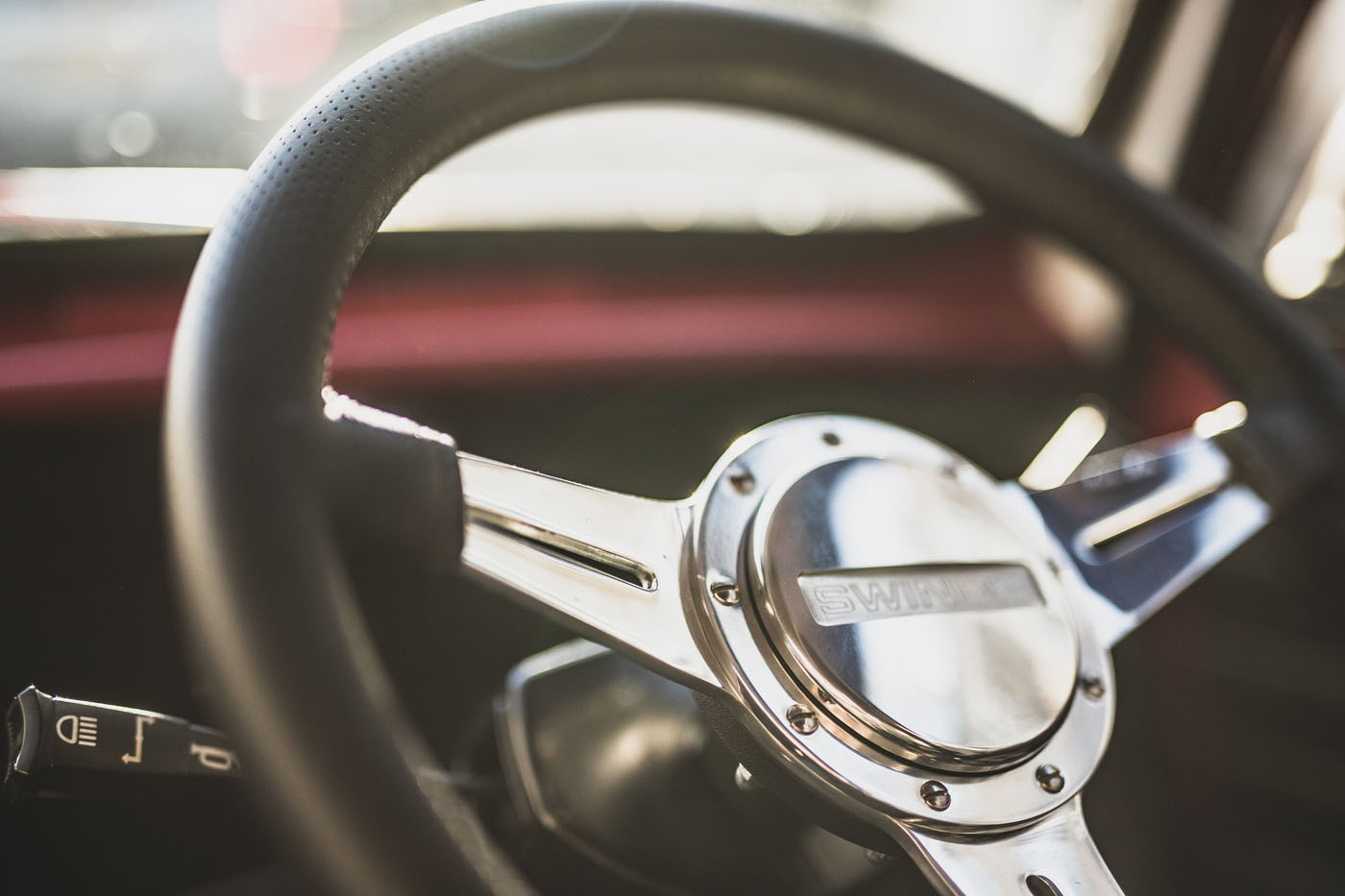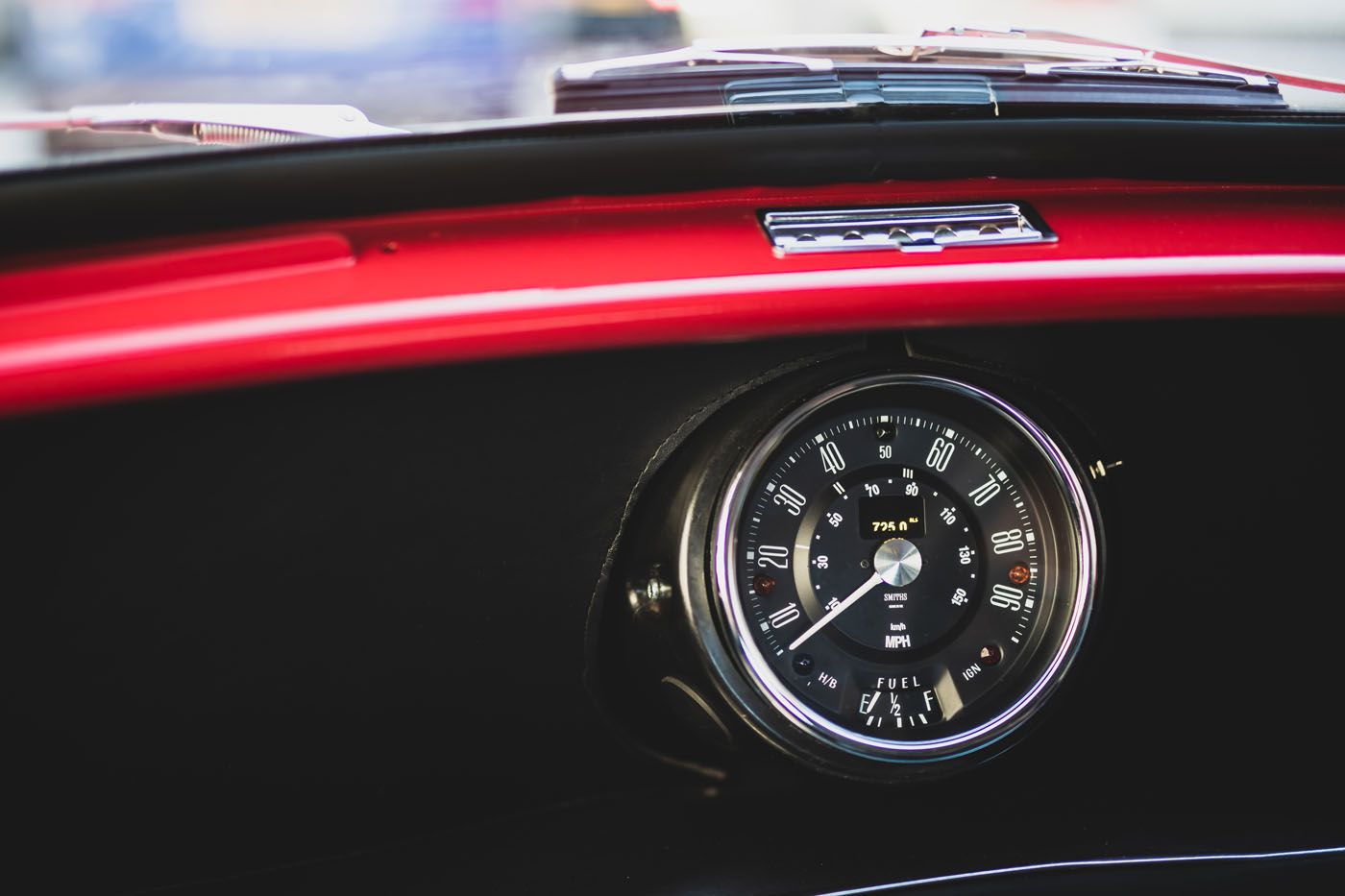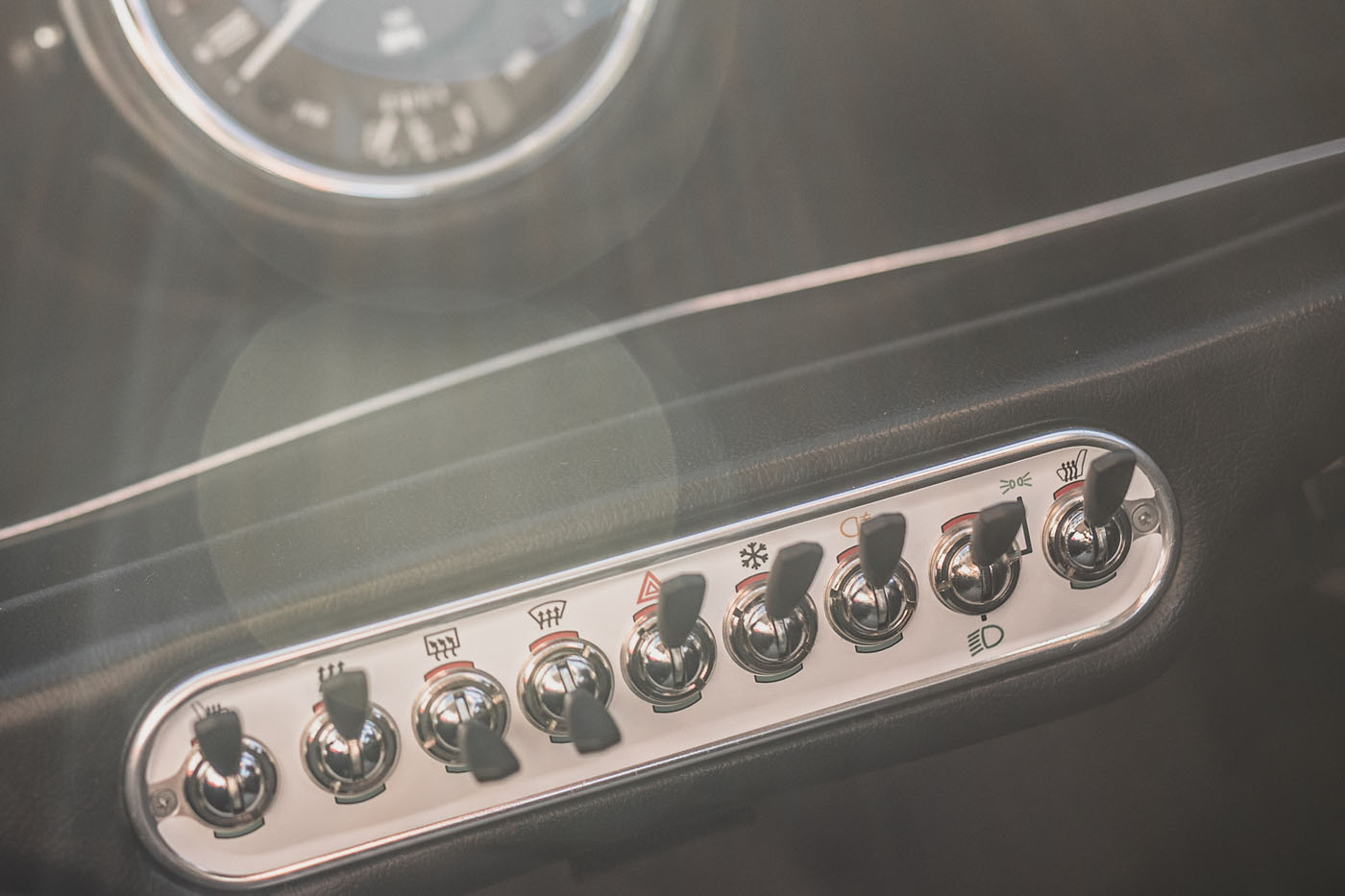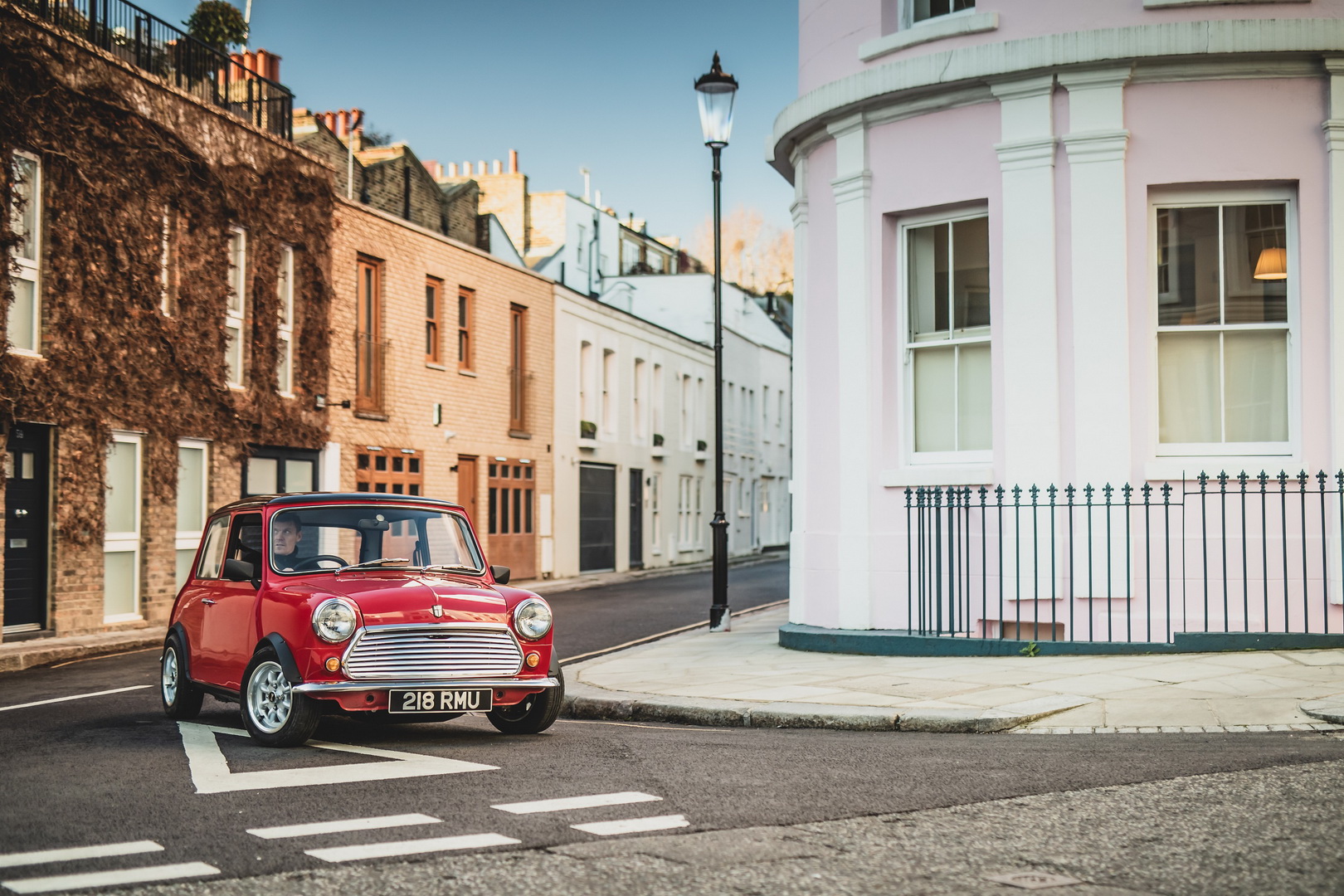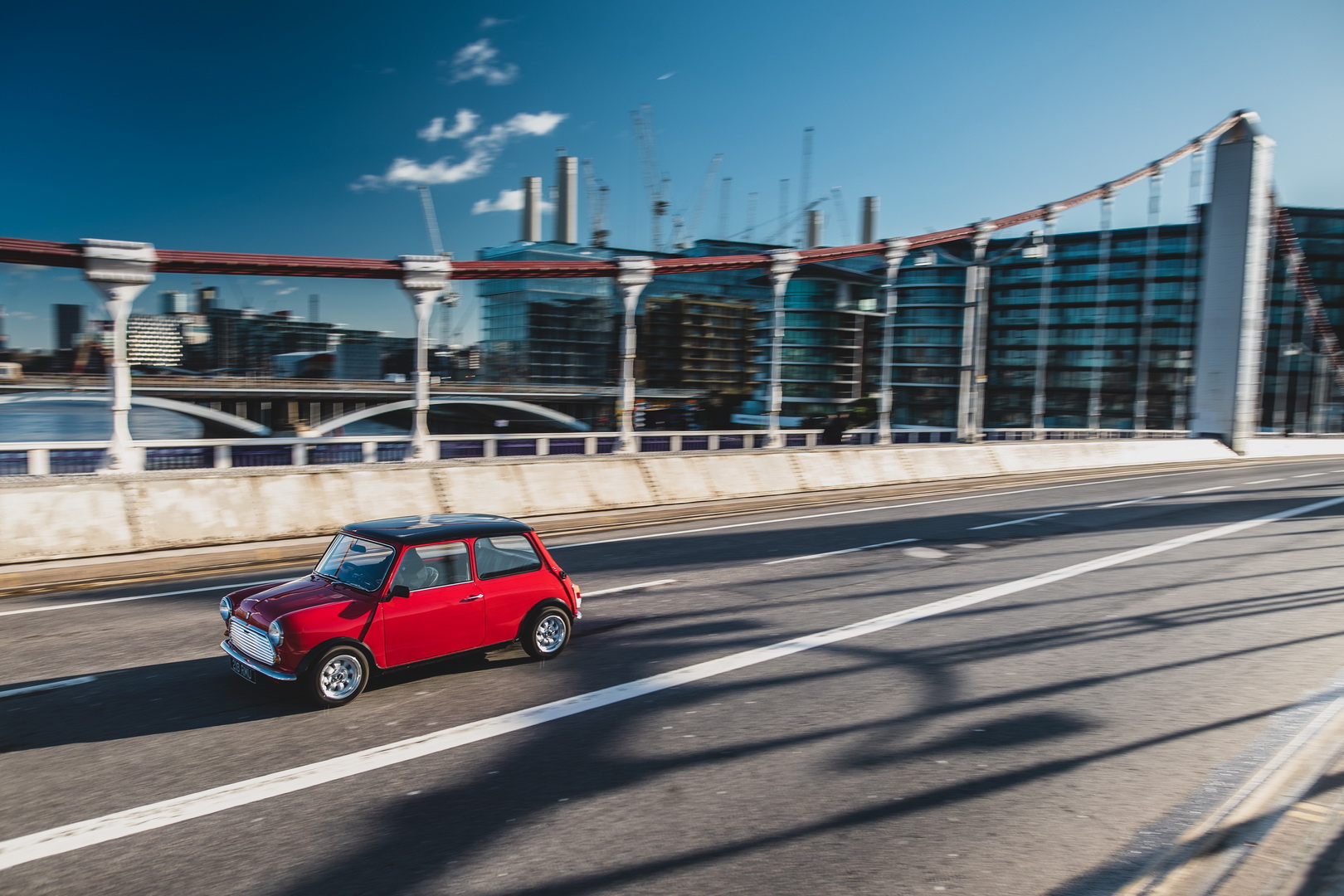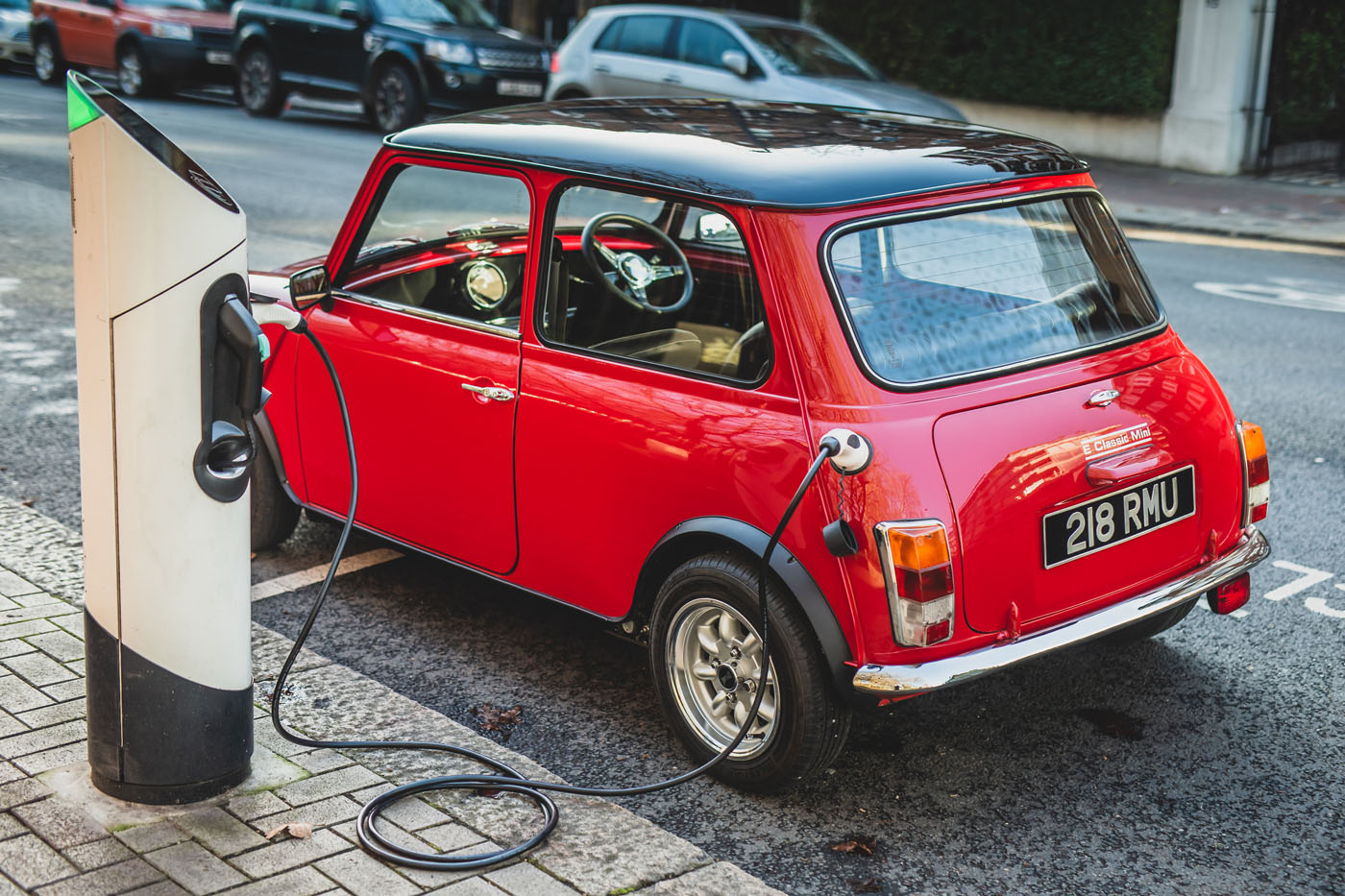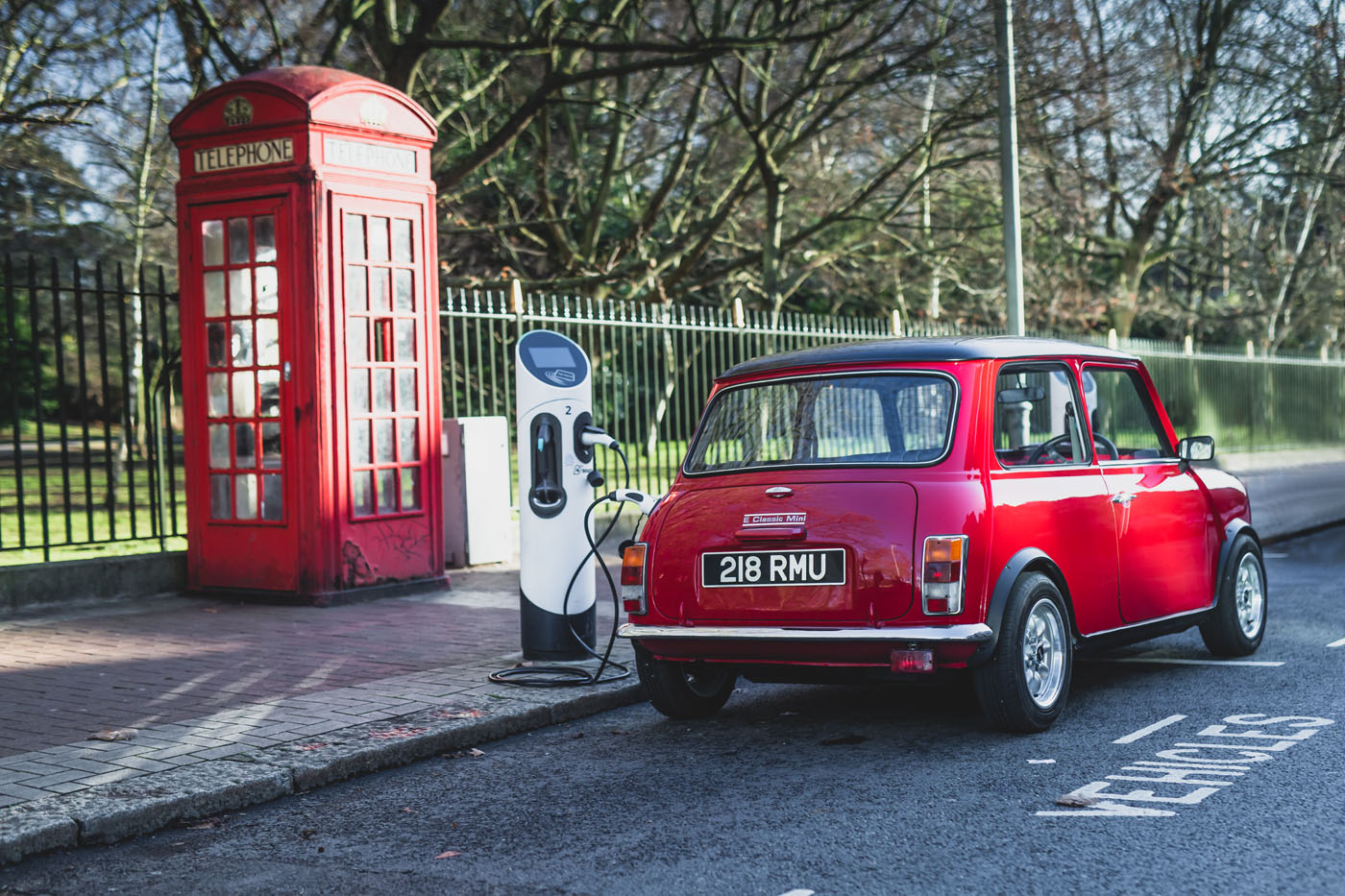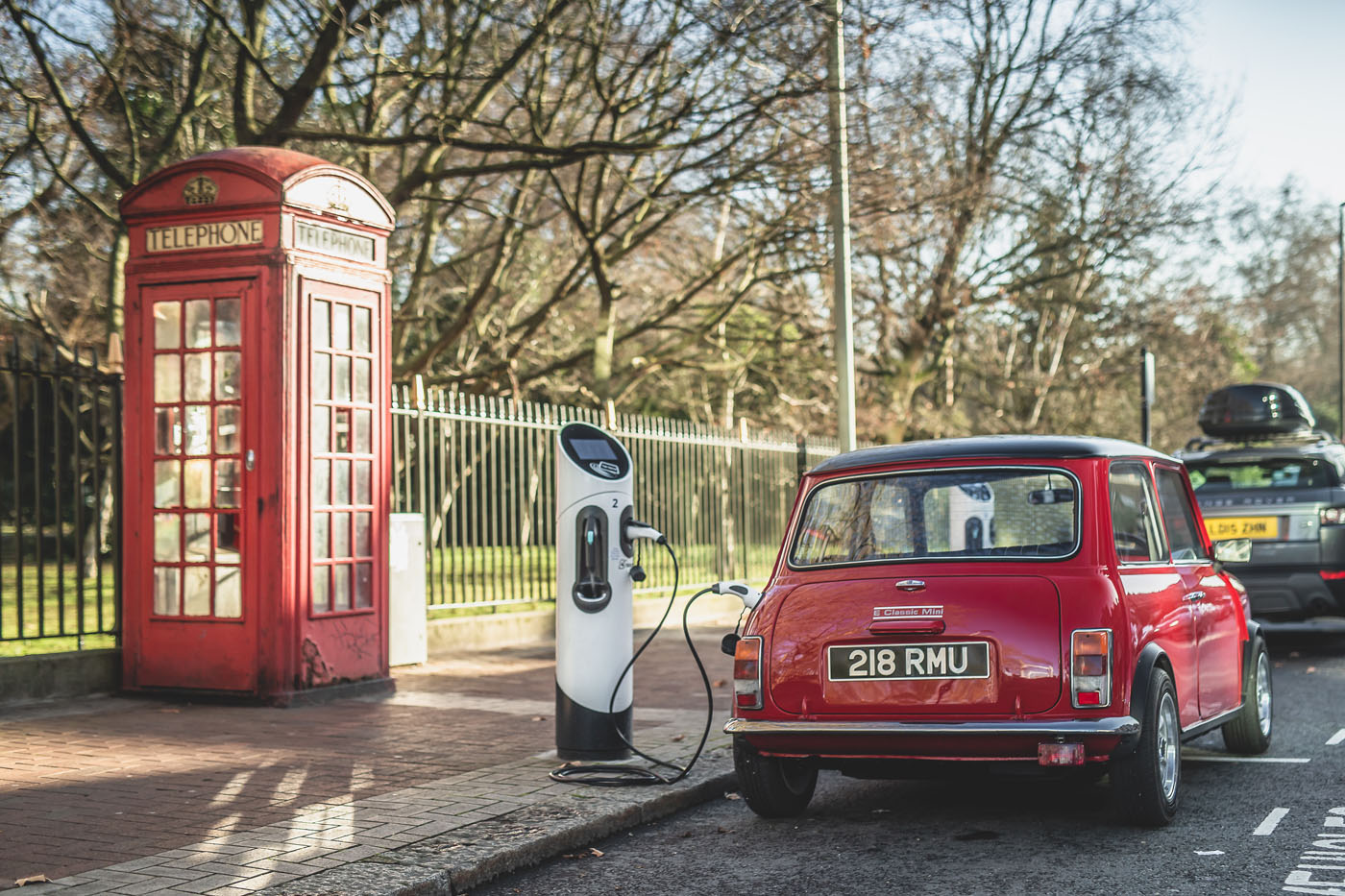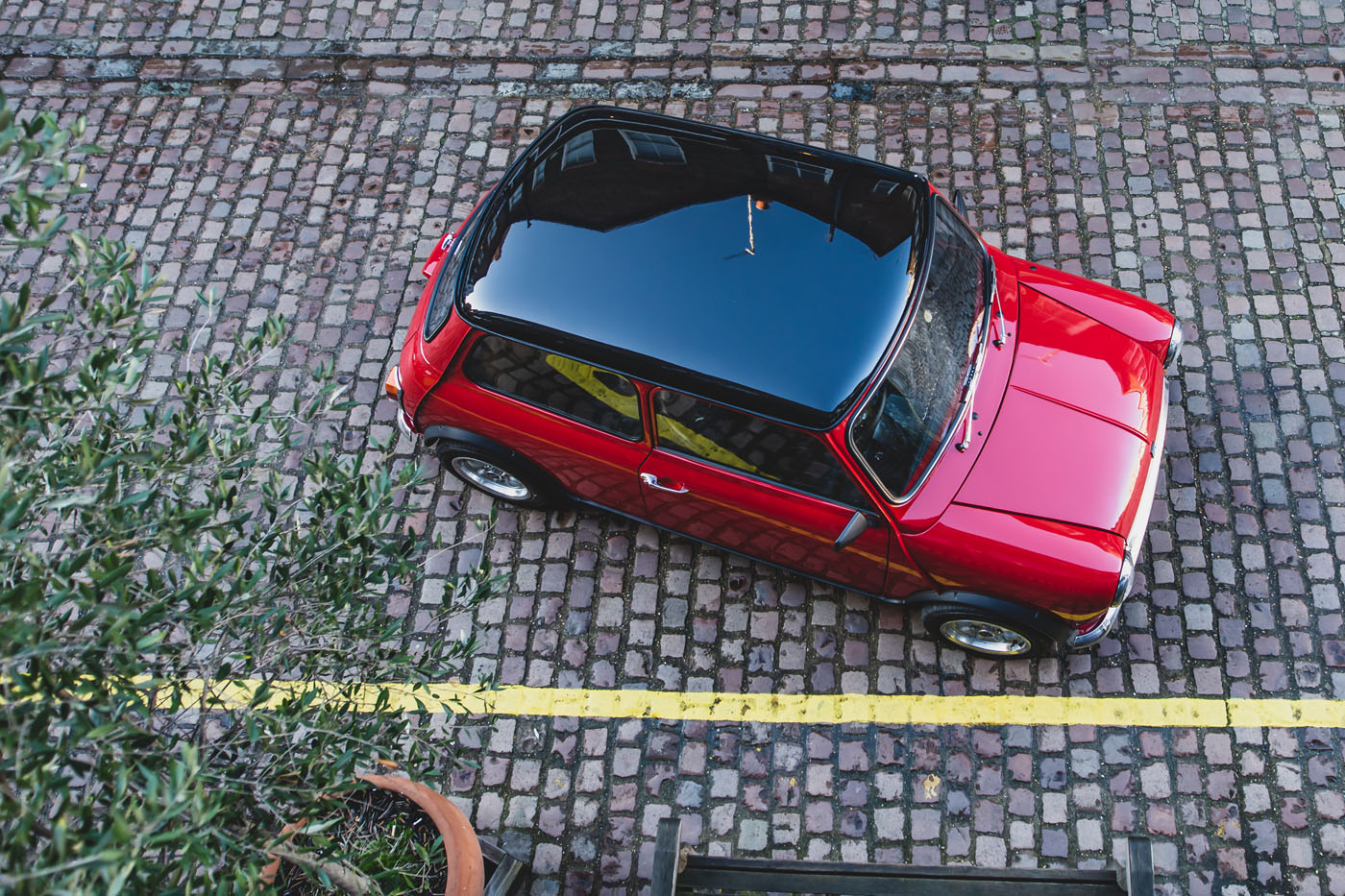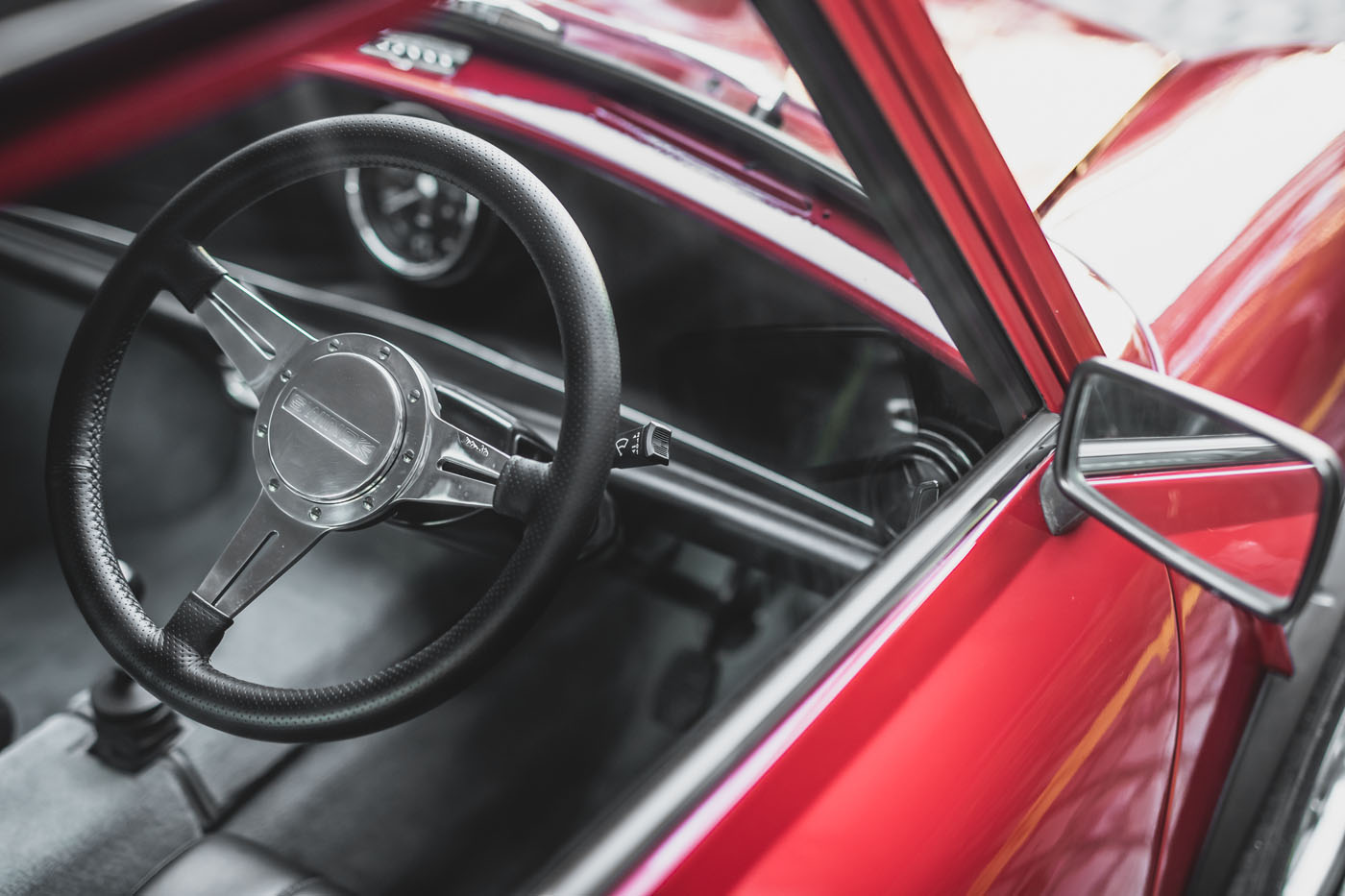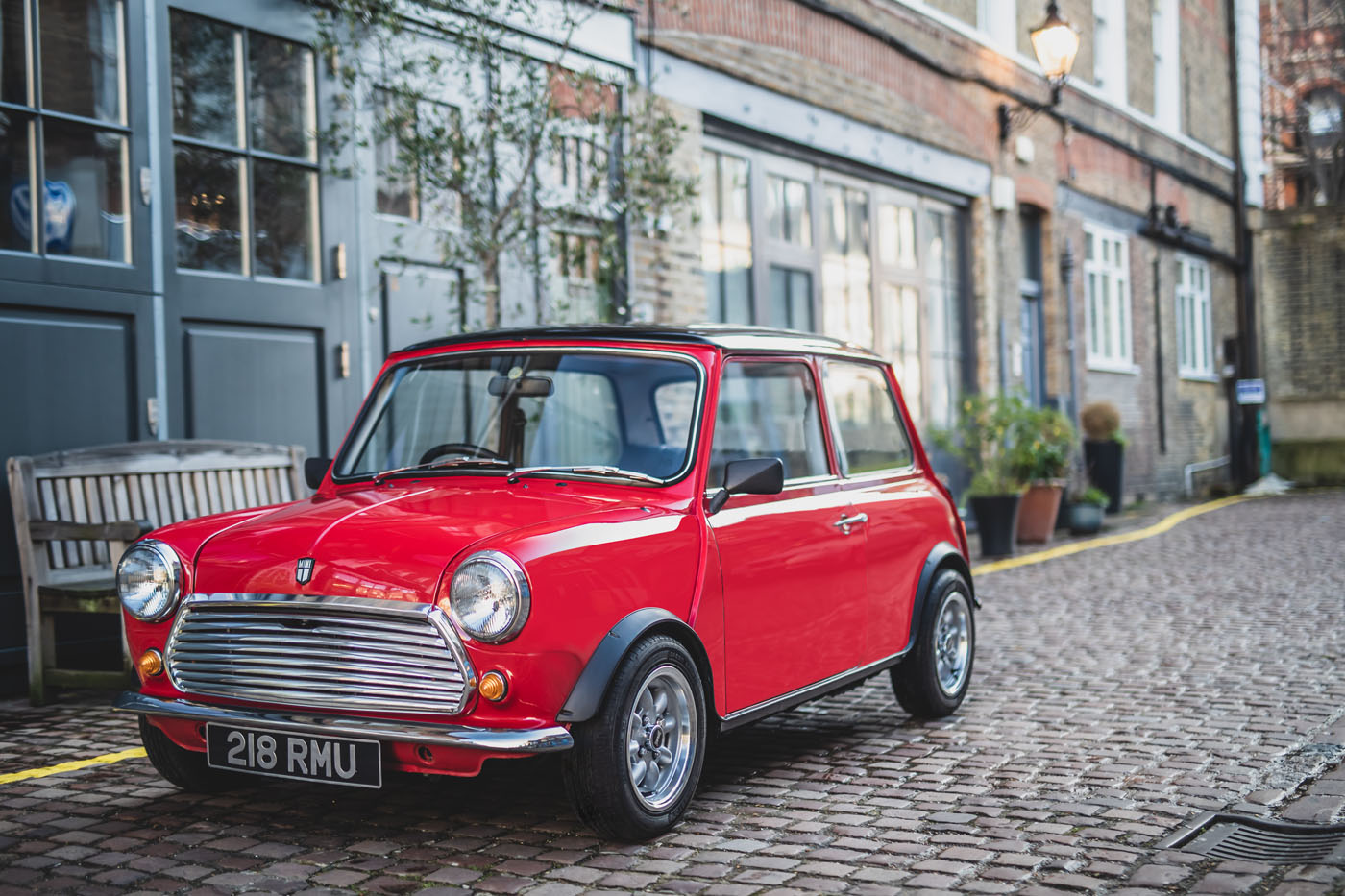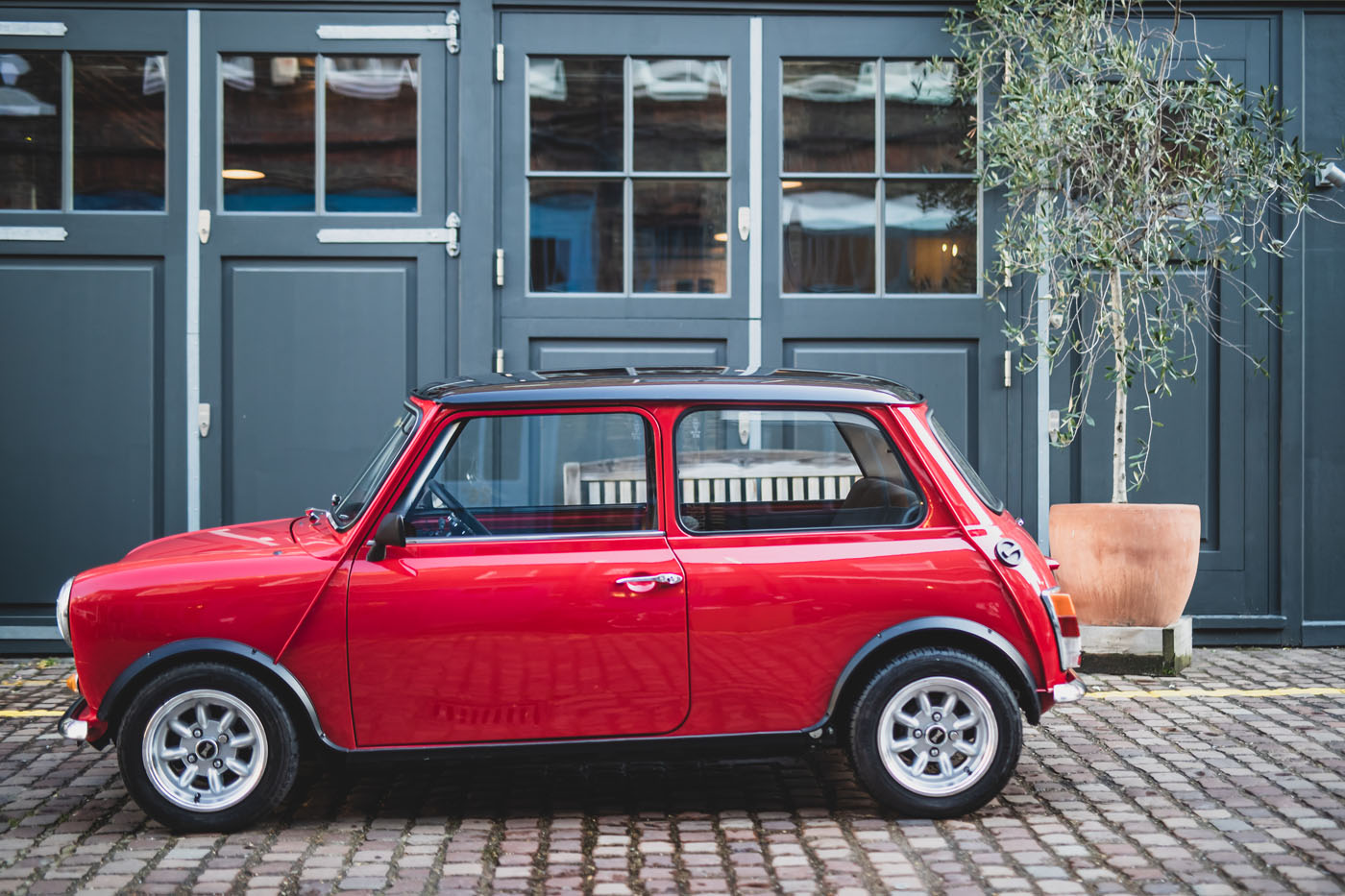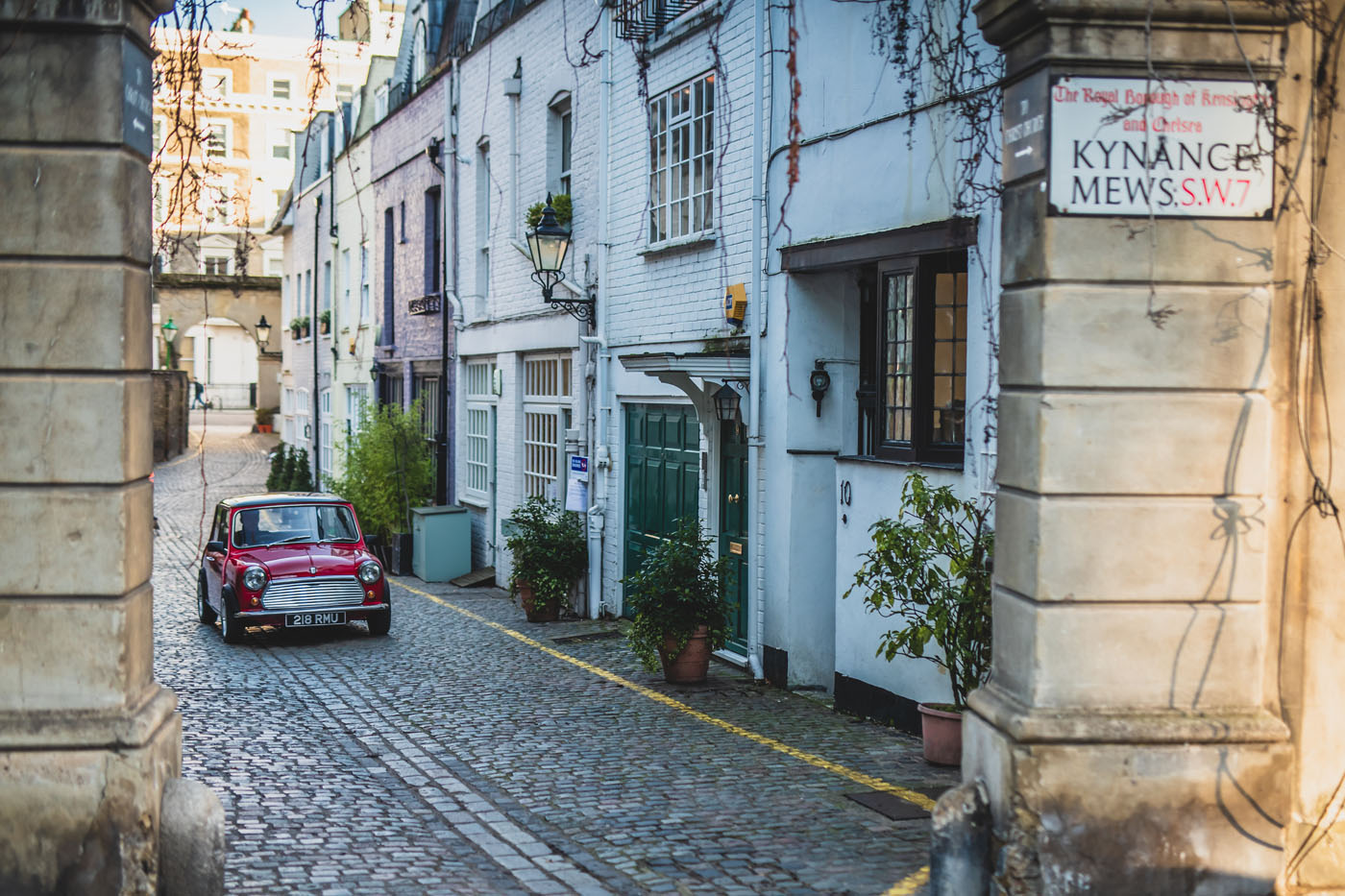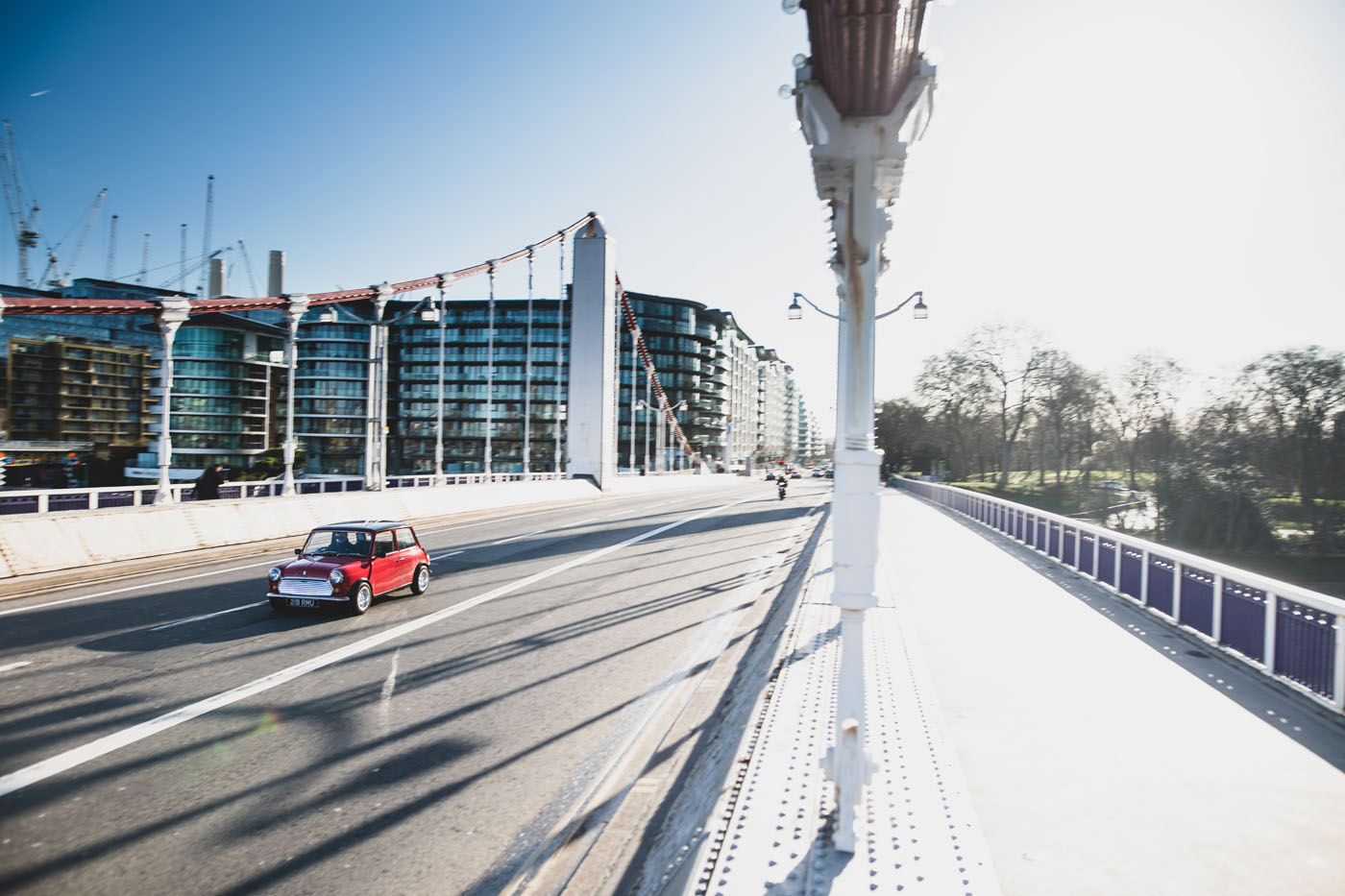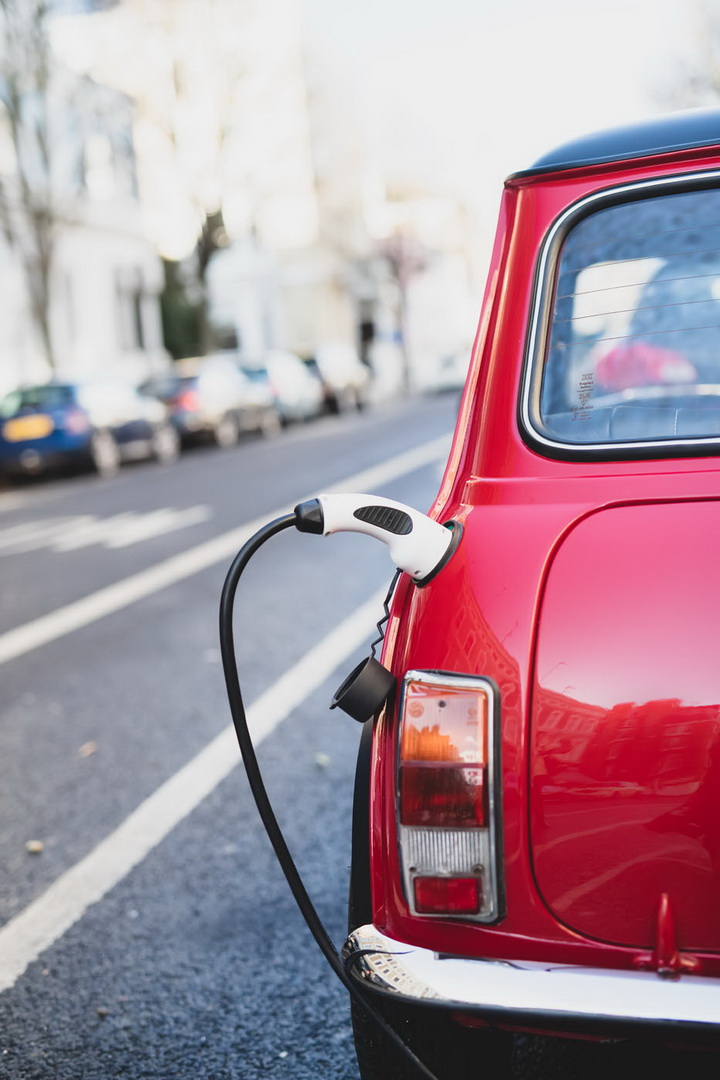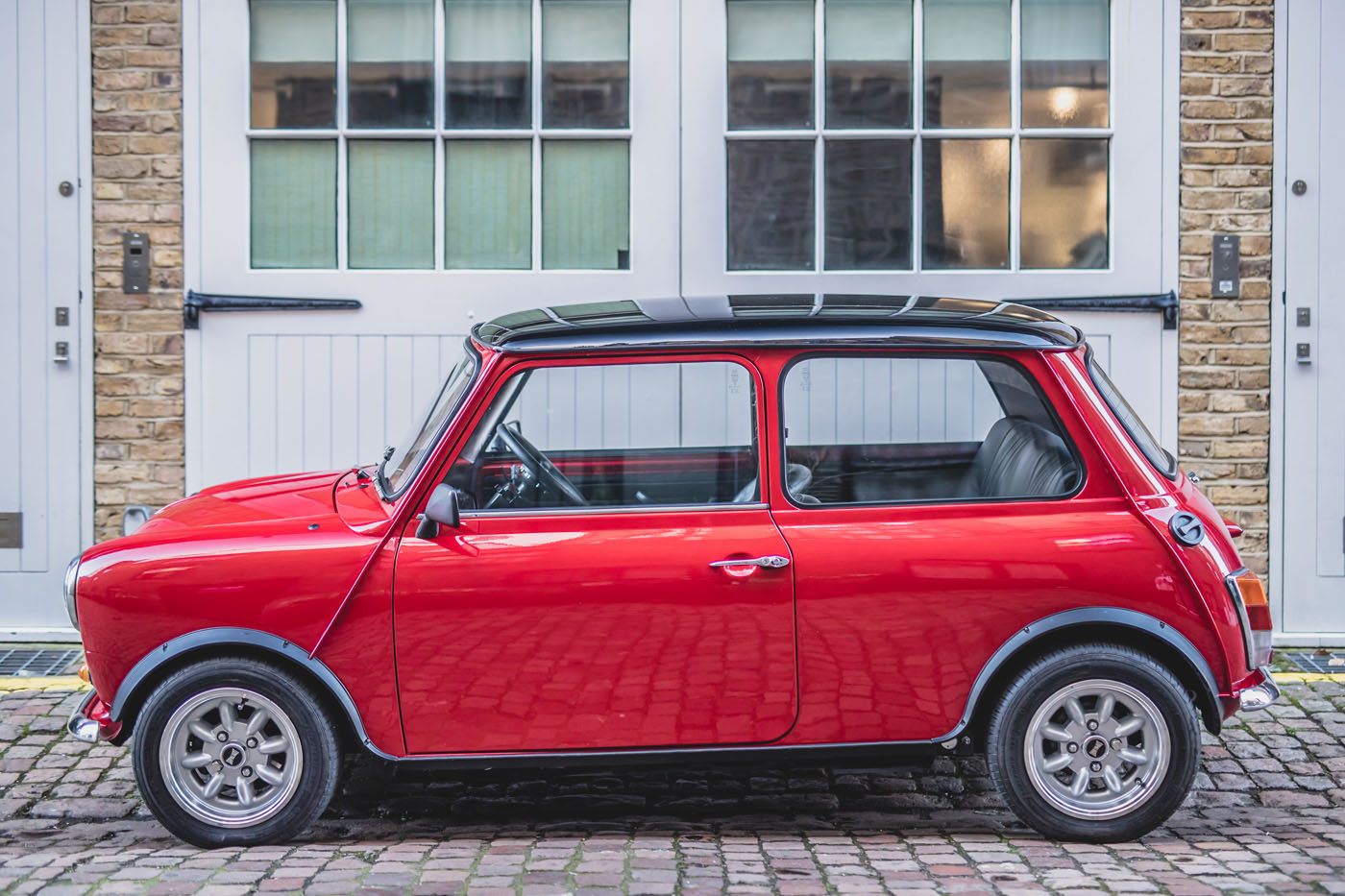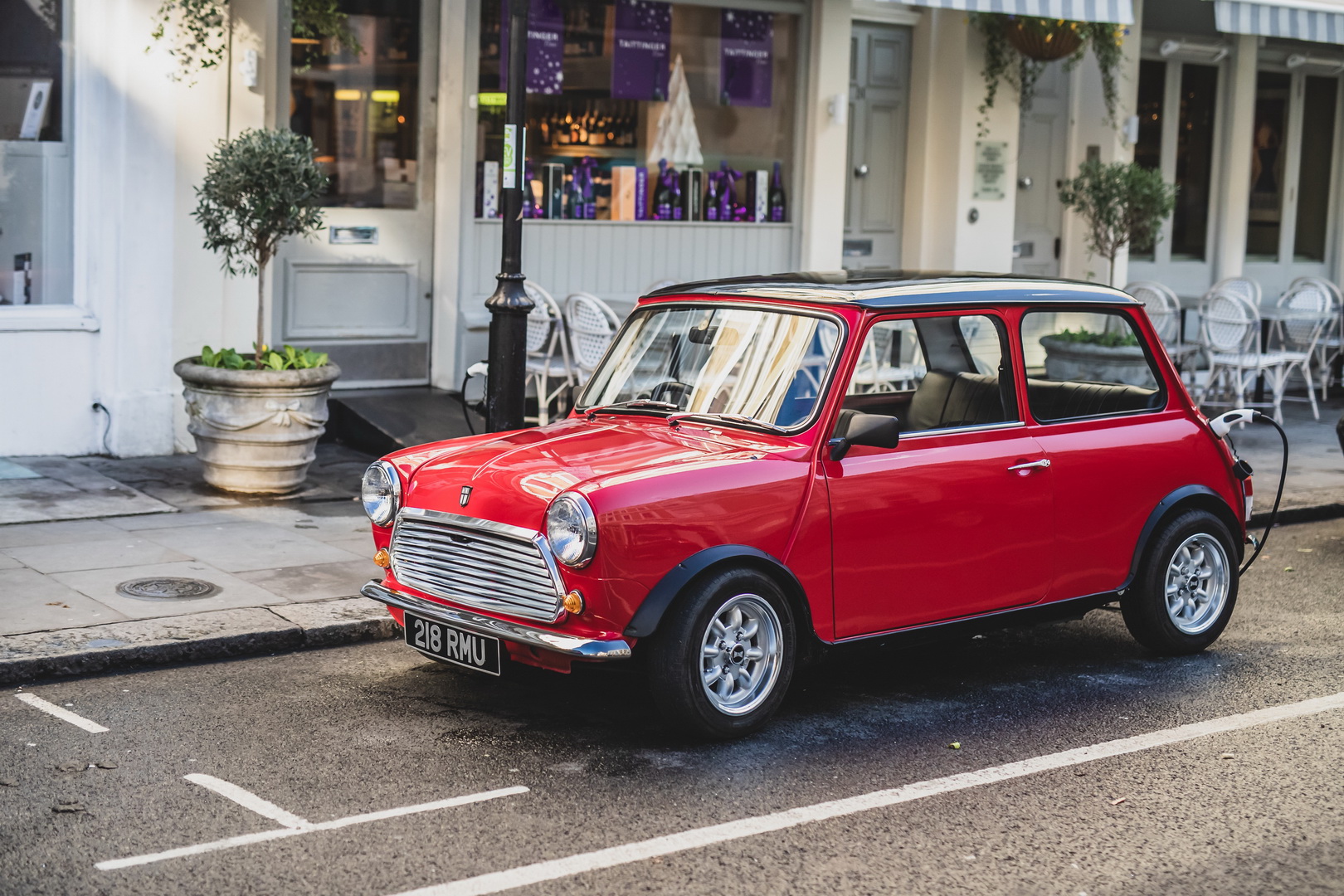While Mini is currently working on on the Electric version of its modern hatch, a UK company called Swind took the classic model and gave it a zero-emission powertrain.
We’re not talking about a one-off project or prototype, but an actual production car. It’s called the Swind E Classic Mini and was revealed at the London Classic Car Show.
The electric hatchback will be produced in 100 units and it’s already on sale in the UK with a whopping price tag of £79,000 ($101,788/€90,031). It’s built on the restored body of an original Mini, to which it adds a 110 PS (108 hp / 80 kW) electric motor and a 24 kWh battery.
Also Watch: This 360 HP Classic Mini Could Be The Craziest On Earth
Swind claims that it can be driven for up to 200 km (124 miles) with the battery fully charged, a process that takes 4 hours using a female Type 2 connector. With the ability of hitting 100 km/h (62 mph) in 9.2 seconds and a 130 km/h (80 mph) top speed, it definitely won’t break any speed records though.
Getting rid of the old internal combustion engine and replacing it with the electric motor and battery has added an extra 80 kg (176 lbs) to the gross weight, which is still a featherweight 720 kg (1,587 lbs). The weight distribution has been improved, from 68/32 percent to 57/43 front/rear, and losing the fuel tank has increased the boot capacity to 200 liters (7 cu-ft). Other work includes the addition of a regenerative braking system and contemporary corrosion protection, along with new brakes and suspension parts.
For a car that costs more than the Audi E-Tron, the E Classic Mini doesn’t get a lot of standard features. It’s supplied with USB ports, underfloor heating, heated leather seats and heated front and rear windscreens. Clients will have to pay extra to get an infotainment system with satellite navigation and even air conditioning and power steering! The full-length sliding fabric roof, bespoke paint and fast charging are also optional.
Each of the 100 cars destined for production comes with an unlimited mileage, one-year warranty and is supplied with an MoT. Assembly will take place at the company’s facility in Wiltshire, where both LHD and RHD models will be put together.



